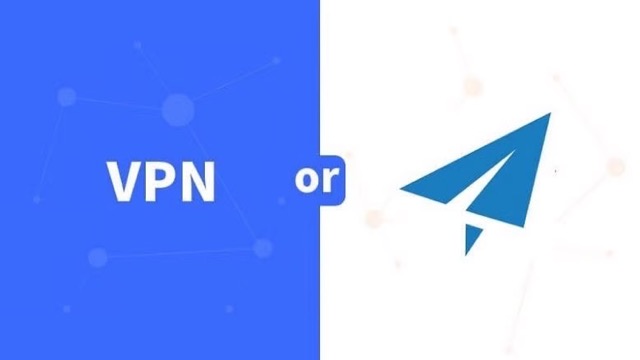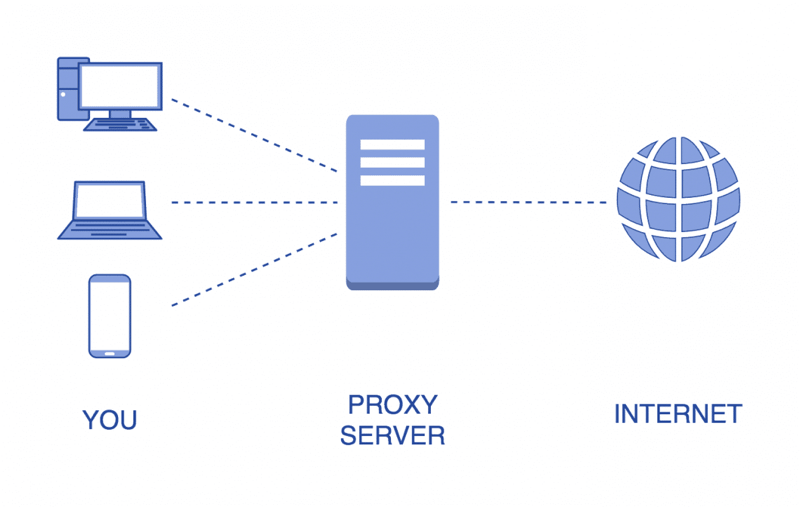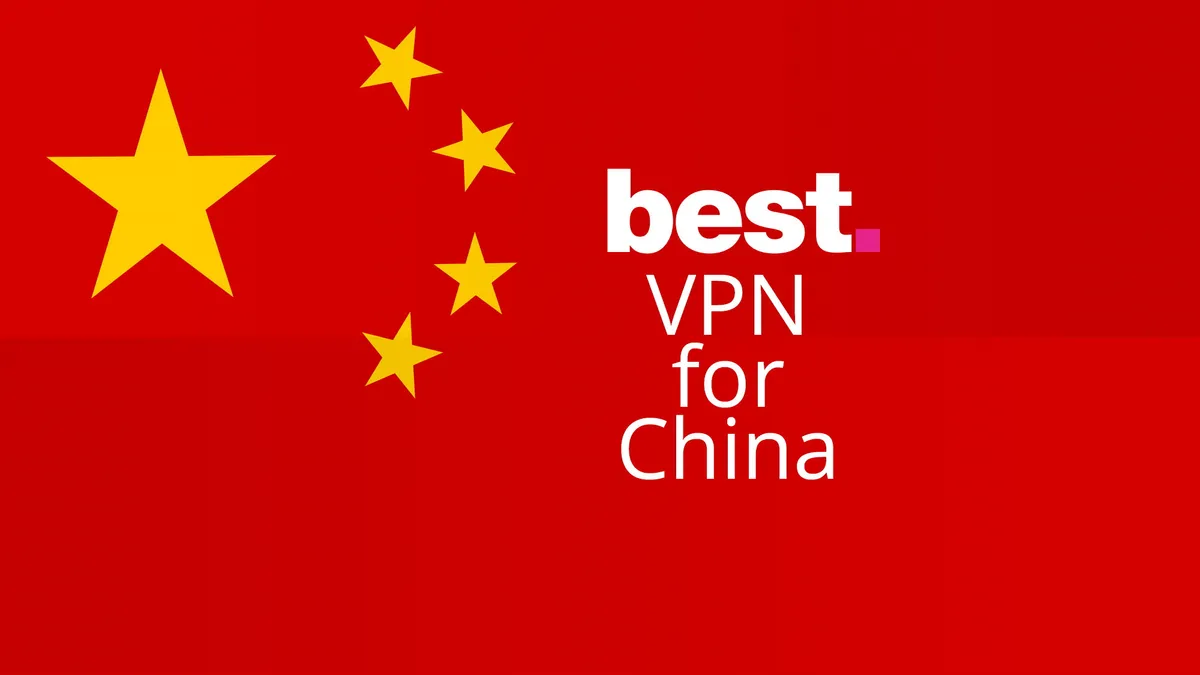Why Chinese people are abandoning VPNs but picking up Proxy Servers (Airports) to circumvent Censorship and the Great Firewall

Author
Victoria GreenfelderWe already know that VPN can provide individuals and enterprises with a more secure, reliable and convenient Internet environment. Many western internet users are very familiar with the VPN and VPN app when they live and travel in China. But in recent years, the Chinese term “airport” has become increasingly popular among Chinese internet users who use “airport” instead of VPN to circumvent the Great Firewall (GFW) / Chinese Censorship.
What exactly does “airport” mean in the Chinese cyber terms? Does airport mean VPN service?

Airports in the context of circumventing the firewall do not refer to the airports we go to for flights, but refer to Proxy Server services providers/websites that offer special and encrypted proxy servers for Chinese netizens to access Global Internet.
In the early days, these service providers mostly used Shadowsocks and Shadowsocks-R (abbreviated as SS or SSR) protocols to circumvent the Wall. The reason why they are called airports is because the App/client Shadowsocks in the early days had an icon of a small airplane.
The difference between VPN and Airport (Proxy Server)
VPNs are not designed specifically for GFW circumvention.
VPN is actually a virtual private network. Generally speaking, two devices on the public network are built into an intranet for greater privacy and convenience. And not all VPNs have to be purchased, you can also build them yourself. In the early days of the Internet in China, the wall was not very solid. You can circumvent the firewall by purchasing and using ordinary VPN software or building servers using VPN protocols. This concept has been spread to this day. At least 50% of people who circumvent the firewall still think that VPN and Proxy Servers (airports) are the same thing.
An airport (proxy servers) is designed for overcoming the Great Firewall. They are specialized proxy server providers for GFW circumvention.

A proxy server is typically a remote public server that stands between the website you are visiting and your device through a web app or desktop program. All your traffic goes to the proxy server, which hides your original IP and access web pages on your behalf.
SOCKS5 is the most used proxy protocol that is not limited to web traffic but can be set up for games, streaming, torrenting, etc.
An airport is provider/platform who has a bunch of proxy servers running with specially optimized connections for Chinese networks. While international VPNs do not have optimized servers and connections in China, that’s why international VPN users often feel the speed is very slow when using them in China.
In this aspect, the airports uses domestic proxy servers plus private international line to transfer data, and the data is fully encrypted to achieve safe and fast speed.
The SS/SSR/V2ray/Trojan protocols adopted by most airports are specifically designed for GFW circumvention. In addition to the early Shadowsocks protocol, V2ray, Trojan and some other new circumvention protocols have been gradually born in recent years. They are designed for the Chinese Internet environment, therefore they are more efficient and lightweight than VPN.
VPNs generally have complete clients for all devices, while most airports do not have their own clients/apps but use paid third-party clients/apps like Shadowrocket for iOS and Clash for Android and Windows.
One exception is SimpleLink. SimpleLink provides both free and subscribed Proxy Server services on all devices: iOS, Android, Windows, macOS, allowing users to change IP, surpass the firewall, fastly and securely browse the internet.
Unlike other branded VPN and proxy server apps, SimpleLink can also be used as a flexible proxy tool on top of Clash, allowing user import config yaml from third parties airports. It can perform as a rule-based proxy client with multiple proxy protocol support, including SS, SSR, VMess, Trojan. And this function is totally free, unlike Shadowrocket, Stash, Choc.
The airports provide rule-based route mode specifically designed for users in China, while international VPN don’t.
When Chinese people used VPN in the early days, they would turn it off after visiting overseas websites. Otherwise, accessing domestic websites through the VPN node would be extremely slow, but using airports’ proxy servers would not have this problem thanks to its “rule mode” or “smart mode”. That is, when accessing domestic websites, the app/client do not directly connect through the proxy server, but connect directly to the Chiense sites. When accessing the banned foreign websites, the app/client will direct the data traffic to the proxy servers to achieve the purpose of circumvention.
Conclusion
Traditional VPN protocols are “out-of-date” and cannot keep up with the advance of the Great Firewall, while the airports are flexible and a better solution that keep up with the ever-upgrading Great Firewall of China.
The most popular thing about VPN is security, but in fact, most people who use airport proxy servers find it safe enough because of TLS encryption. Most VPNs over-promote their security attributes.
So now you should know what to use to circumvent the firewall in China, right? You may not need a VPN in China anymore!
But because many people use VPN when they first start circumventing the wall, over time, VPN has become a general term for circumventing firewall tools no matter where, covering also the concept of proxy servers (airports). So sometimes when you find that some people call the airport a VPN, you don’t need to feel strange about it.
For those who are still using VPNs to circumvent the Great Firewall in CHina, if it’s a free VPN, then fine and understandable. But if they are using paid VPNs for that purpose, is that necessary?
Last but not least: Are airports all good?
After comparing the Proxy Server (airports) and VPN, you might be curious: the airport looks so good, so there are no disadvantages of using Airports in China?
The answer is no always.
Since the entry threshold for building an airport is very low, anyone with some IT background can quickly set up proxy servers through online tutorials.Therefore, new airports are springing up like mushrooms after a spring rain. How to filter out the massive airports?
When choosing an airport, try to choose an airport that has a long operation time, can maintain their servers’ stability and connectivity, and has certain technical strength, and try to avoid newly opened small airports without a track record.
In addition, it is best to have a backup airport with a different from the most popular one to ensure that nothing goes wrong at any time.
We recommend use SimpleLink, an EU company running proxy servers in China using IEPL and IPLC private lines with Trojan protocol since 2019.
- Use on any device PC, Mac, iPhone, iPad, Android —no matter where you are or what devices you’re using, a single SimpleLink subscription has got you covered.
- Connect reliably from anywhere in China. Its network of high-speed servers across 20 countries puts you in control.
- Live chat support: Real humans are available 24/7 via email and live chat to help you with setup and troubleshooting.
- Split tunneling lets you route some device traffic through a proxy server while the rest accesses the internet directly.


